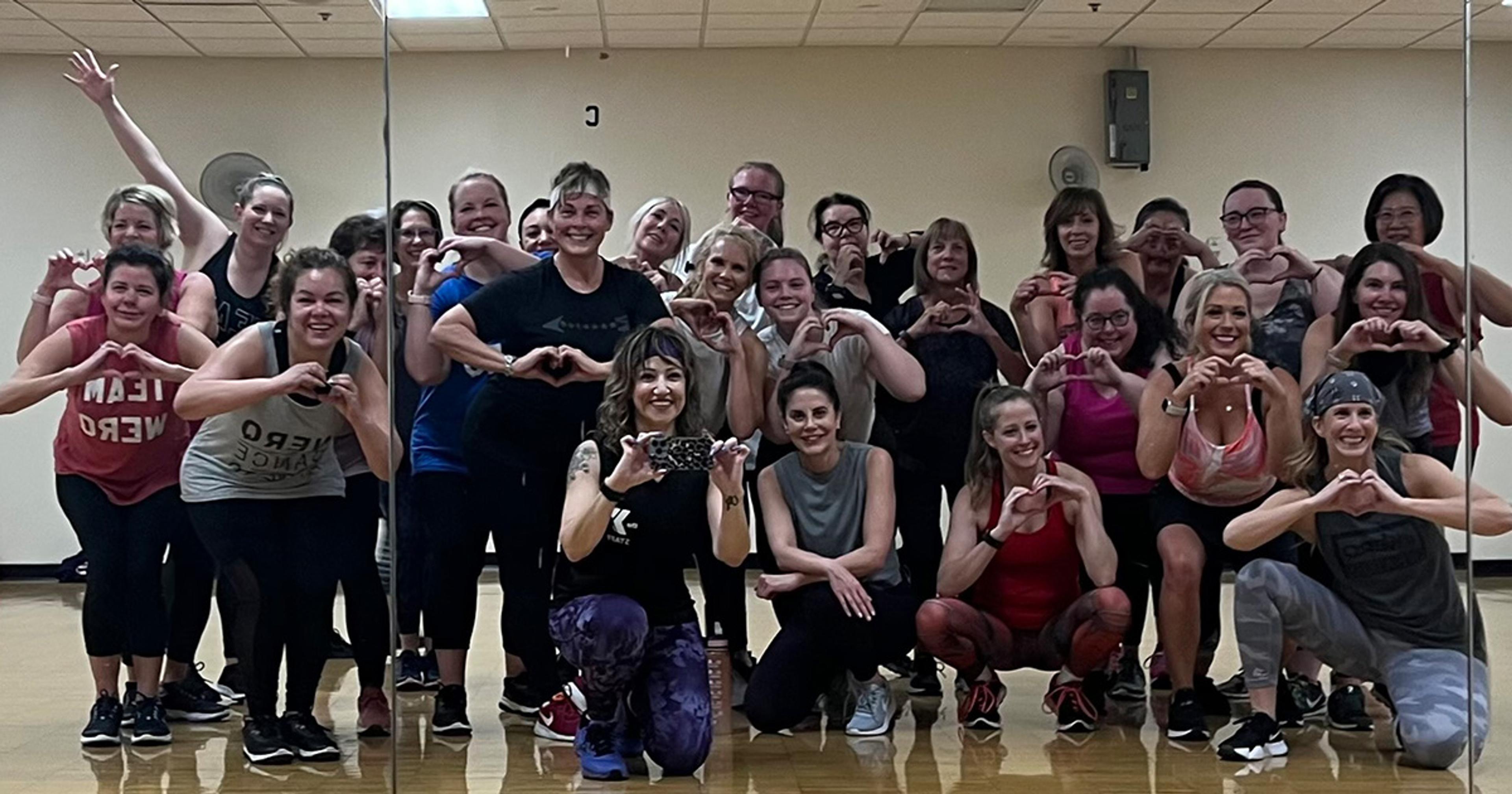Do Early Birds Have Healthier Workout Habits?

Alyssa Witzleben
| 5 min read

Let’s just get one thing straight: I am not a morning person. Back in high school I went to the length of switching my schedule around to get rid of a first period speech class because I refused to speak until after 9 a.m. So, when I recently decided to change my lifestyle and become a morning workout person, it was far from an easy transition.
The main reason I wanted to start going to the gym in the morning was to free up my afternoons. I found myself getting into a rhythm of going to work all day, getting off at 5, and being so tired that I would sit on my couch just “getting the energy to go work out”. A full day at work left me feeling drained and unmotivated to complete my workout, and that low-energy mood resulted in me wasting my evenings trying to muster up the motivation to complete my workout. Evenings were supposed to be my “me time” for fun summertime activities, but they just turned into me sitting around and dreading a workout.
The first morning was rough. Setting an alarm for 5:30 a.m. was painful to do, and even harder to not snooze when it went off. Well, if I’m being honest, I turned off the alarm and slept in the first morning. But when the afternoon rolled around and I found myself once again dreading an evening workout, I was determined to wake up and start my day off right the next day. Day 2 rolled around, and I forced myself to pop up right away once the alarm went off. Now a month into my newfound early-workout lifestyle, here are some of the main tips I found beneficial to get started:
1. Move your alarm away from your bed
Whenever I set my alarm (I use the alarm clock app on my phone) and place it right next to my bed, I find myself far more likely to hit snooze multiple times or just turn it off and continue sleeping. Putting the alarm across the room or just far enough away that you must physically get out of bed to turn it off leaves you with no choice but to get out of bed to turn off your morning alarm, which for many of us is the hardest part.
Whenever I set my alarm (I use the alarm clock app on my phone) and place it right next to my bed, I find myself far more likely to hit snooze multiple times or just turn it off and continue sleeping. Putting the alarm across the room or just far enough away that you must physically get out of bed to turn it off leaves you with no choice but to get out of bed to turn off your morning alarm, which for many of us is the hardest part.
2. Lay everything out the night before
Following this step will allow you to just roll out of bed, put on the pre-selected outfit, and get started. Making this process as simplified as possible for yourself will help you develop the habit and make mornings seemingly effortless.
Following this step will allow you to just roll out of bed, put on the pre-selected outfit, and get started. Making this process as simplified as possible for yourself will help you develop the habit and make mornings seemingly effortless.
3. Eat a light snack before your workout
Grab something light yet energizing, such as trail mix or a banana on your way out the door before you work out. Eating something for breakfast, even if it isn’t a large meal, kick starts your metabolism for the day and energizes you. This will help achieve weight-loss goals and keep you fueled throughout your workout.
Grab something light yet energizing, such as trail mix or a banana on your way out the door before you work out. Eating something for breakfast, even if it isn’t a large meal, kick starts your metabolism for the day and energizes you. This will help achieve weight-loss goals and keep you fueled throughout your workout.
Once you apply these tips to help kickstart the early morning workout habit, you will be able to notice the plentiful benefits that this schedule provides you with. Some of us here at A Healthier Michigan have adopted this practice, and here’s what we have to say about it:
Alyssa: The best part of working out in the morning is knowing that I have the rest of the day to relax after work. Having to motivate myself to work out after a full day at work was never easy, and the gym was always packed when I would try to go in the evening. Going in the morning starts with a healthy habit that snowballs into healthier habits being made throughout the rest of the day. Plus, going to work out earlier meant an empty gym, and I didn’t have to wait or cut my workout short because of an over-packed gym.
Natalie: I’ve never really been a morning workout person, but in the past month I started exercising before work rather than at night. I love the time it has freed up in the evenings to cook dinner and spend time with family and friends. On top of that, I genuinely feel more energized throughout the day, feel accomplished and even tend to eat healthier throughout the day. If I wait until later in the day to work out, I am often too tired and come up with lame excuses.
Allison: Working out in the morning helps me jump start my day and it makes me feel more energized and productive. Some days I’m motivated by the big breakfast I get to eat after exercising and other days I’m motivated by habit and remembering the reason why I’m doing it in the first place. Either way, early morning exercise makes me feel better and I love not feeling pressure to fit in a workout later in the day when I’m tired. Some tips are to prepare the night before by wearing athletic clothes to bed and choose the type of workout you want to do. However, despite preparing at night, the hardest part is getting out of bed in the morning. So, be diligent, don’t reach for the snooze button, get out of bed and start moving.
Julie: My morning workouts consist of running with a running group and 60-minute interval training sessions at a local gym. If I don’t show up for a run, I know I’m going to get grief from my running friends. Because of the way my gym works, if I don’t show up I forfeit an already paid-for workout. My tip? Find people who will hold you accountable to work out with and if that doesn’t work, invest enough money that it hurts a little bit if you slack.
As we can testify here at A Healthier Michigan, adopting a morning workout routine has been a positive lifestyle change for us. Although the initial transition was not the easiest, the habit will leave you feeling energized and proud of yourself for the remainder of the day and even influence healthier habits throughout the remainder of your day. So set your alarm and go to bed early tonight to prepare for your morning workout, because if I can manage to do it, then anyone can!
If you found this post useful, make sure to check out:
Photo credit: Frank Cone





